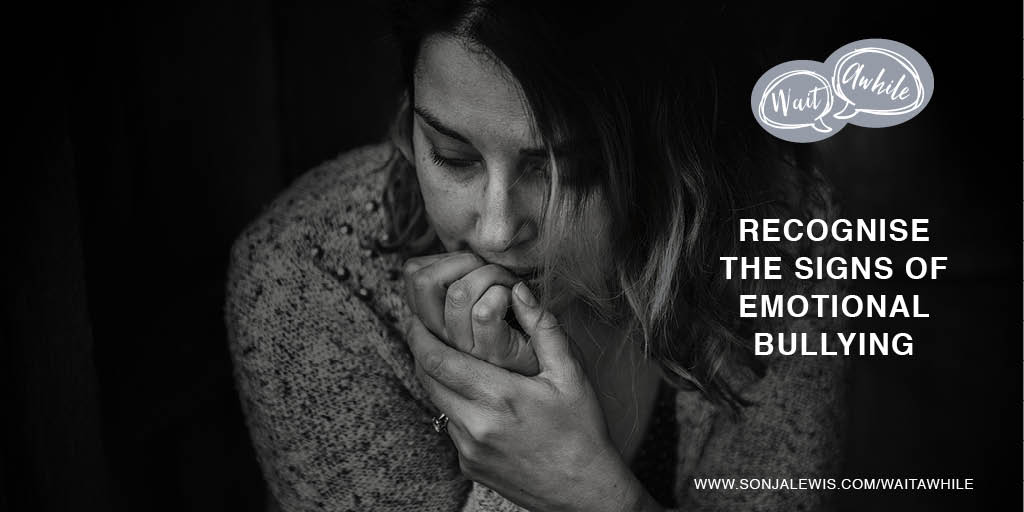Character Building Podcast: The One to Listen To
If you haven’t already read a life changing book, one that sticks with you forever and a day, you likely will as you age. Nowadays, however, it doesn’t have to be a book, it can be a podcast! Recently, I was privileged to a conversation that asked after recommended books and podcasts.
Well, have I got news for you. Our recent podcast of UIO: On Character Building could be the one.
Though the podcast is profound, it is refreshing and packed with gems and inspiration that couldn’t have come at a better time than now as the world begins to look at the shift in norms that we’ve taken when it comes to shaping character, who we are, not only as individuals but also as a society.
Our guest for the episode, former Paralympic swimmer Elizabeth Wright, says: “Character is an integral part of life. In a nutshell, character is who you are, it is those elements inside of you that are a part of you that develop and grow. They can be strengths for people. They can be parts of your personality, parts that you can pull on when times are tough.”
Most of us can relate to this and tend to think of character traits such as grit, determination, courage and so on to aid us in performing a task, be it to achieve or overcome a challenge. And those performance character traits are important (I should know as I have had to call on them a time or two, especially while mourning the loss of my mother), but they are not the only ones of significance.
Elizabeth says there are four categories for building character if you will: performance, moral, civic and intellectual. And the key is striking a balance and knowing your strengths, particularly when facing some of the undue pressures.
Our Wait Awhile research confirms unprecedented pressures for teenage girls in areas ranging from altering appearance permanently to going further in a sexual relationship than comfortable with, and while these pressures are unlikely to let up anytime soon, On Character Building provides original insight into to the debate and can serve as an invaluable resource to deal with them positively.
For example, if you are being asked to do something that makes you uncomfortable, learn to hone and call on those character strengths that are true to your values, focusing on the moral category. Or do something to change the world yourself if you are civic minded.
Enough said! Take a listen to On Character Building with Elizabeth Wright on iTunes, on our website, Soundcloud and on various other platforms.
Here is a quick preview:

